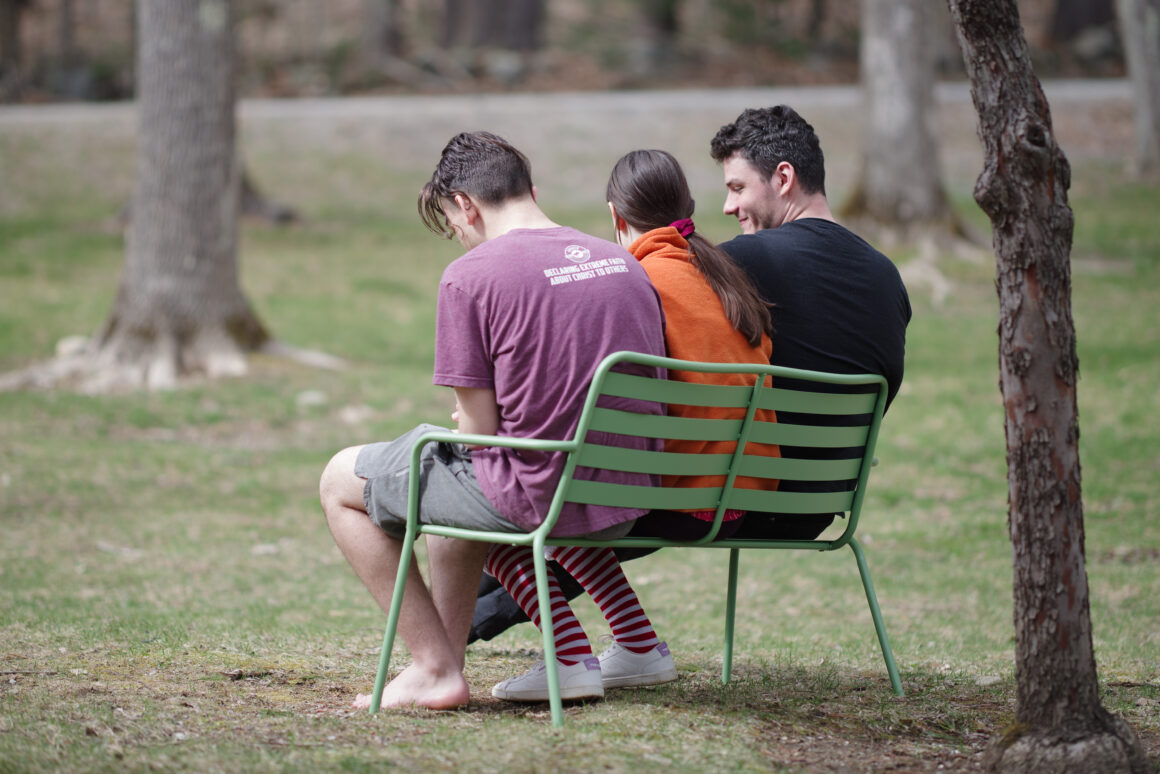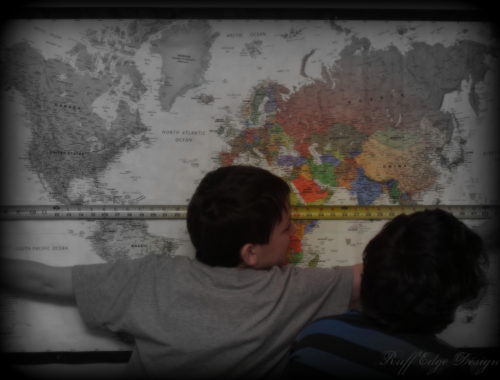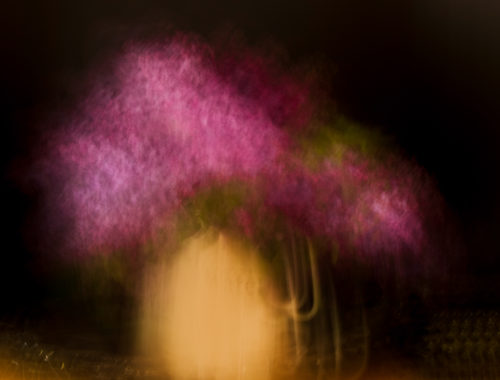
Love is Not the Answer
Assuaging fear is, because we are all filled with it, even when—especially when—we tell ourselves that we’re afraid of nothing. In fact, the farther back in the closet we shove the fear, the more powerful it becomes, because it grows in the dark.
Our unconscious minds are those closets, and cleaning them out amounts to shining a light, seeing, and accepting what’s crouching in them. Of course, the very idea of it can be intimidating and/or terrifying, depending upon how much soul cleaning* you’ve already done.
The notion can be so fear inducing that most people not only refuse to do it, they do anything and everything to escape even the thought of it.** I don’t blame them. Getting overwhelmed is the easiest thing in the world to do. I could make it happen for myself in about 30 seconds, especially now, when I’m awaiting a phone call that the caller has put off making for more than a week. I could easily sit here, imagining scenes of yelling and screaming, maybe crying, stammering, shame, and scorn, but if any of that happens, so what? I’ll still be able to ask myself, “Did you die?” and answer in the negative.
What’s more, I refuse to continue interacting with every experience as if it were a threat. In fact, for the first time in my life, I understand what it means to live in the present. I’d written about the idea many times in the past, but I certainly didn’t understand it, because “living in the present” is a phrase like “unconditional love”: something we hear and say so often, without often stopping to think about what it means.
The word “hate” falls into that category, too. We’ve been conditioned (thank you, George Lucas) to believe that hate is the opposite of love and that it is responsible for all the woes in the world, and, therefore, we should banish it from our lives and our minds and our selves, but I reject that. I do not believe that God made us incorrectly. He gave us the capacity to hate, so it must be needed.
I’ll let Alice Miller, in Free from Lies, explain further:
We tend to associate the word “hatred” with the notion of a dangerous curse we need to free ourselves of as quickly as we can. An opinion also frequently voiced is that hatred poisons our very being and makes it all but impossible to heal the injuries stemming from our childhood. I too believe that hatred can poison the organism, but only as long as it is unconscious and directed vicariously at substitute figures or scapegoats. When that happens, hatred cannot be resolved. Suppose, for example, that I hate a specific ethnic group but have never allowed myself to realize how my parents treated me when I was a child, how they left me crying for hours in my cot when I was a baby, how they never gave me so much as a loving glance. If that is the case, then I will suffer from a latent form of hatred that can pursue me throughout my whole life and cause all kinds of physical symptoms. But if I know what my parents did to me in their ignorance and have a conscious awareness of my indignation at their behavior, then I have no need to redirect my hatred at other persons. In the course of time, my hatred for my parents may weaken, or it may resolve itself temporarily, only to flare up again as a result of events in the present or new memories. But I know what this hatred is all about. Thanks to the feelings I have actively experienced, I now know myself well enough, and I have no compulsion to kill or harm anyone because of my feelings of hatred. . . .
Conscious, reactive hatred is different. Like any other feeling, this can recede and fade away once we have lived it through. If our parents have treated us badly, possibly even sadistically, and we are able to face up to the fact, then of course we will experience feelings of hatred. As I have said, such feelings may weaken or fade away altogether in the course of time, though this never happens from one day to the next. The full extent of the mistreatment inflicted upon a child cannot be dealt with all at once. Coming to terms with it is an extended process in which aspects of the mistreatment are allowed into our consciousness one after the other, thus rekindling the feeling of hatred. But in such cases hatred is not dangerous. It is a logical consequence only fully perceived by the adult, whereas the child was forced to tolerate it in silence for years.
Alongside reactive hatred of the parents and latent hatred deflected onto scapegoats, there is also the justified hatred for a person tormenting us in the present, either physically or mentally, a person we are at the mercy of and either cannot free ourselves of, or at least believe that we cannot. As long as we are in such a state of dependency, or think we are, then hatred is the inevitable outcome. It is hardly conceivable that a person being tortured will not feel hatred for the torturer. If we deny ourselves this feeling, we will suffer from physical symptoms. The biographies of Christian martyrs are full of descriptions of the dreadful ailments they suffered from, and a significant portion of them are skin diseases. This is how the body defends itself against self-betrayal. These “saints” were enjoined to forgive their tormentors, to “turn the other cheek,” but their inflamed skin was a clear indication of the extreme anger and resentment they were suppressing.
I’m not saying that hate is the answer. Remember my first line up there? Fear is what keeps us from opening ourselves to the truth: the truth of who we are and who others are, the truth of how we became who we are. Fear prevents us from loving unconditionally, as in: “There is nothing you can say or do to make me stop loving you, to make me stop talking to you and listening to you, to make me heap shame and scorn upon you, to make me ever abandon you.” How many of us are truly able to do this? How many of us prove it through our actions, not just our words? How many of us can honestly say that our children, our partners, our siblings, our friends are absolutely certain that we love them unconditionally?
————————————
*When I mention “soul cleaning,” I’m not talking about any sort of practices associated with organized religions. It’s possible that something like that can be a springboard for internal work, but that seems to be the exception, not the rule.
**Contrary to what many think, though, the process is not guaranteed to be painful. Any number of modalities that lessen the pain or circumvent it are available.




